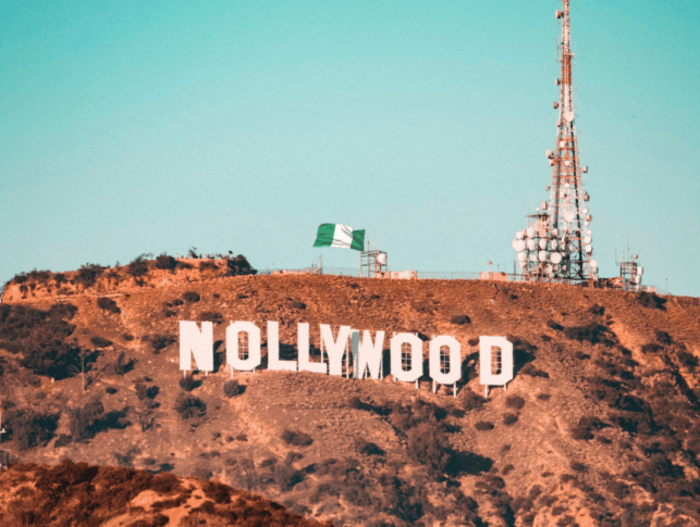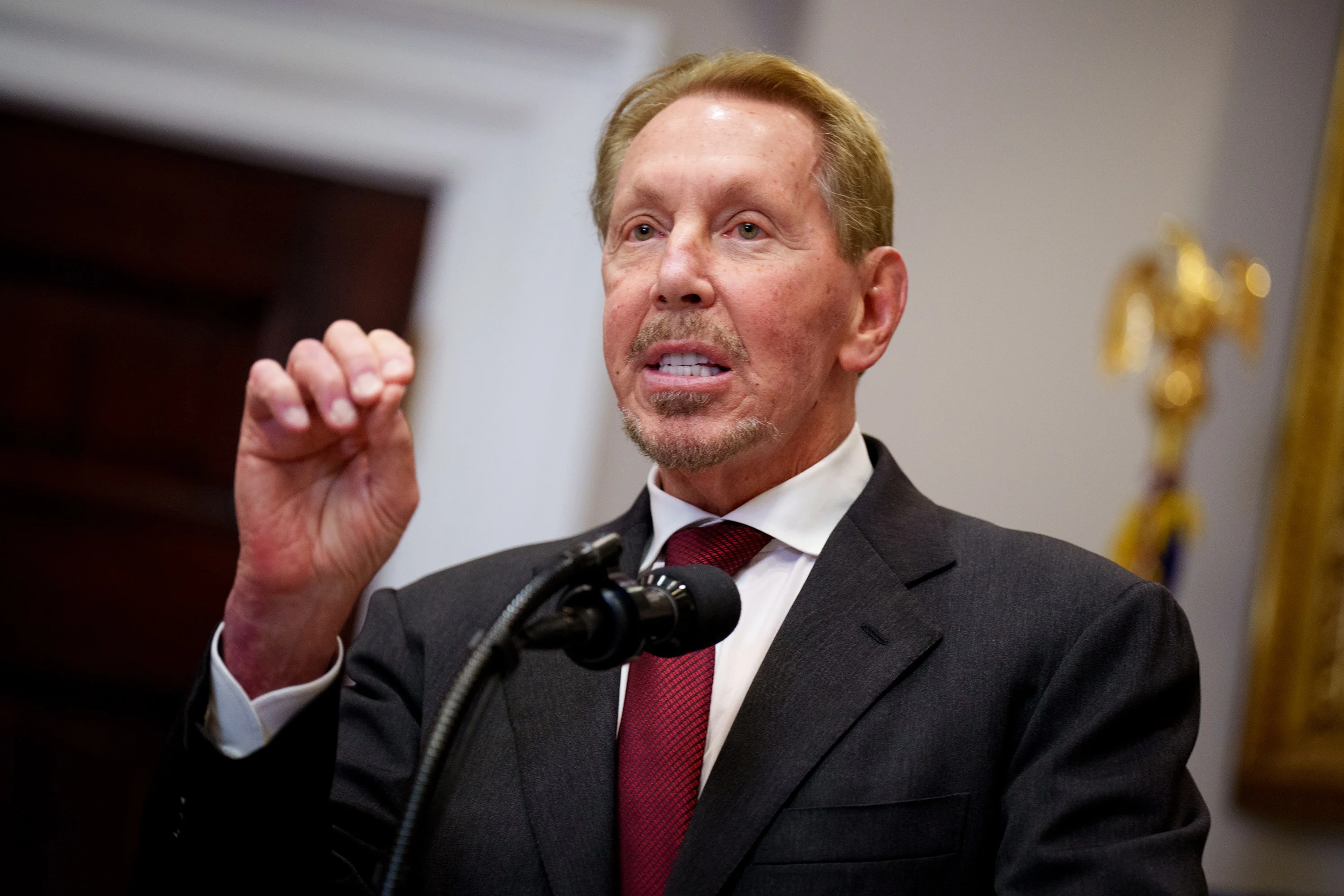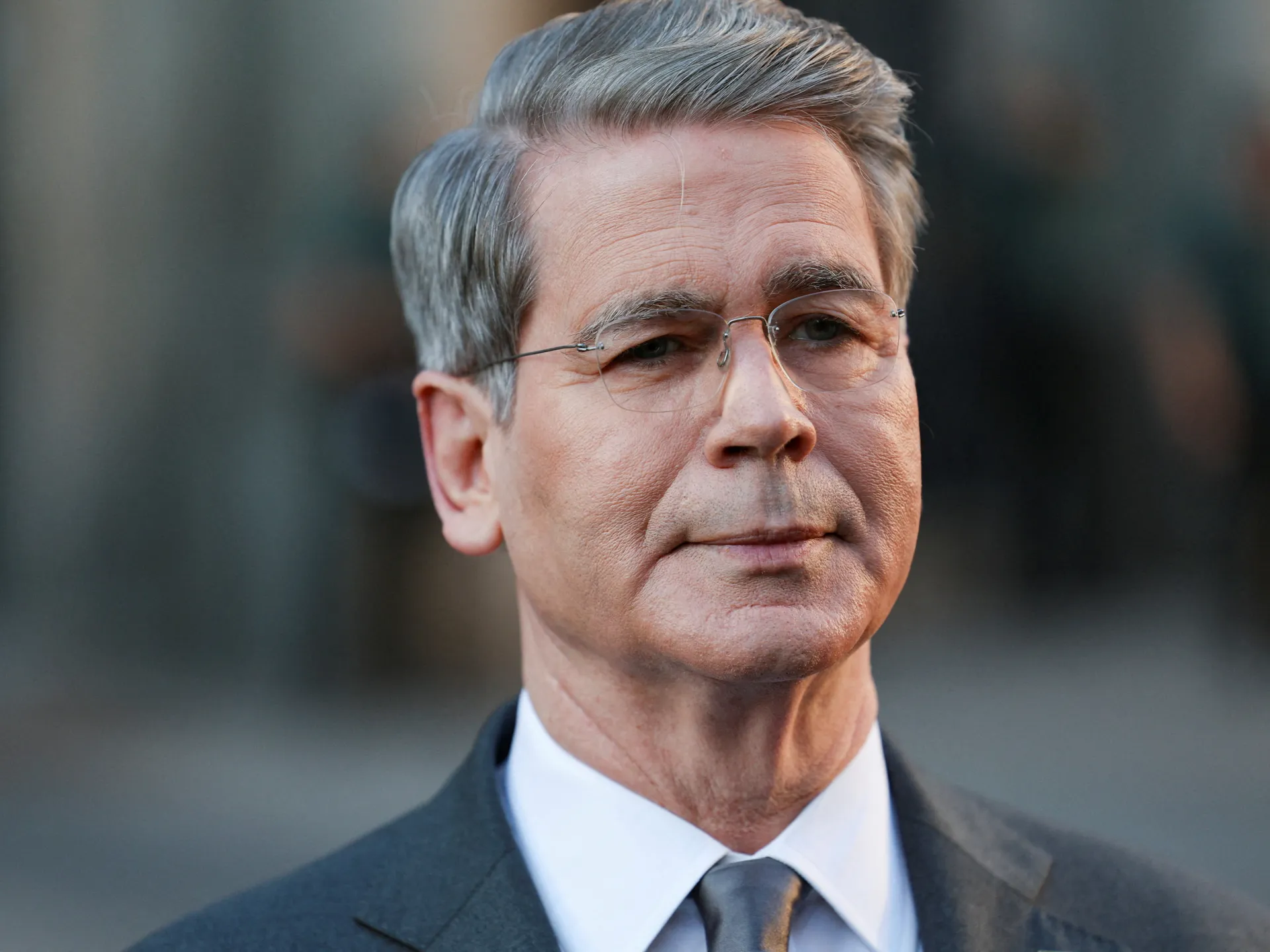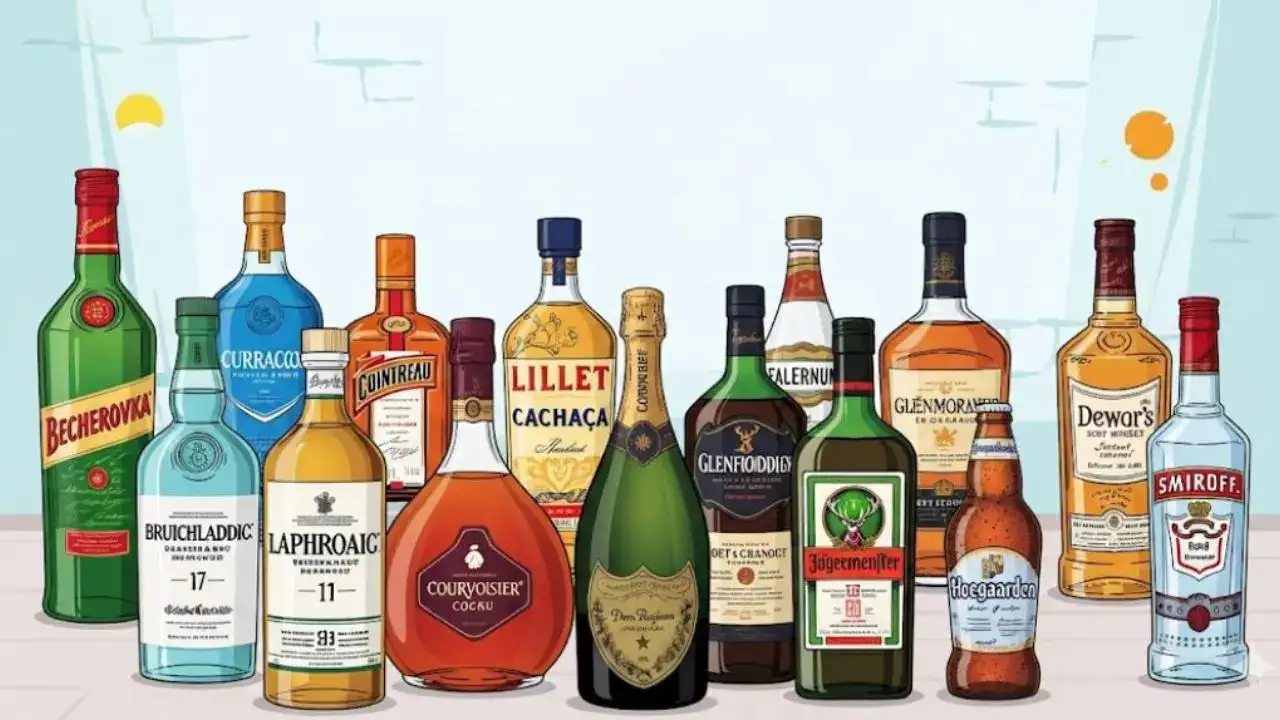By Anthony Udugba
Copyright businessday

Pirates are smiling to the bank while filmmakers suffer heavy losses.
Over the years, several producers have lost billions of naira to piracy and theft of intellectual property, often watching their investments evaporate soon after production.
A 2007 study by a UK-based Agape Solicitors estimated Nollywood’s international piracy losses at N120 billion.
Though some figures are lower, filmmakers say piracy drains billions of naira from the industry, forcing businesses to close down and, in extreme cases, driving film promoters to their deaths.
Read also: Tantalizers brings filmmaker Tade Ogidan on board to drive foodtainment push
At the Business of Entertainment conference organised by Africa Creative Markets last week, filmmakers said unless Nigeria takes intellectual property (IP) laws seriously and reforms anti-piracy laws, the Nollywood industry will struggle to achieve sustainability and monetisation.
Ucho Agbo, president of the Directors Guild of Nigeria (DGN), stressed the urgent need for both deeper IP knowledge among creatives and stronger collaboration within Nigeria and across Africa.
“I think there are two major issues, actually,” Agbo said. “The first one is the thorough understanding of IP itself. It’s a major problem among creatives. And then the issue of collaboration, both internally and cross-border.”
Agbo expressed worry that many filmmakers still rely on informal handshake agreements, leading to confusion, dilution of rights, and infringement. “After so many years, a lot of creatives don’t understand the little aspects of the work they do,” he noted.
In terms of collaboration, Agbo highlighted the presence of representatives from South Africa, Gambia, and other nations at the conference, signaling growing interest in partnerships. “The thing about collaboration is that if you’re coming to the table, you have to be transparent. You cannot be selfish when you’re talking about collaboration,” he said. He argued that unified African efforts could propel the continent’s creative industries forward, but only with mutual openness.
Fredrick Leonard, a prominent Nollywood actor and producer, linked IP protection directly to the industry’s economic viability. He stressed that without safeguarding originality, monetisation becomes impossible, threatening sustainability. “If you cannot protect content, you cannot monetise properly. If so, we don’t have an industry that is sustainable,” Leonard said. “And if we don’t have an industry that is sustainable, we cannot create employment.”
Leonard pointed to evolving threats from piracy, which have shifted from physical copies to online platforms due to technological advancements. “We talk about piracy all the time, but it’s going beyond pirating savings now because of technological evolution,” he noted. He advocated for updated policies and legislation that match current technology levels to combat online theft effectively. Without these, Leonard warned, Africa’s creative sector risks irrelevance in global discussions.
Biodun Stephen, Nigerian filmmaker, shared personal experiences with IP challenges, describing piracy as a persistent battle with both online and offline dimensions. “It is one thing to do the work but another thing to protect the work,” Stephen said. She noted the desperation of ‘devious people’ to circumvent protections, especially amid growing content monetisation.
Steven differentiated between online piracy, which can be tracked but incurs costs, and offline theft, which is harder to quantify.
“With the offline, you can’t even quantify the journey your product is doing because you don’t even know it. Online, you’re able to track,” she explained.
Stephen called for policy creation and enforcement.
“We should have policies but also enforce and strengthen them to ensure that there are punitive measures when these people are found. Unless we do that, we’re still going to be here and the industry will be stalled,” she said. Without action, she argued, Nollywood’s growth would remain hindered.
Agbo, earlier reported, stressed the DGN’s role in safeguarding IP rights for directors across Nigeria and Africa.
“When we talk about IP, which is basically intellectual property, it’s the things that you have created: your film, your music, your art, your photography and your design that belong to you.”
Read also: Nigerian filmmaker Ike Nnaebue joins African directors in Nairobi to spotlight neglected diseases
He noted that creatives often neglect registrations due to their focus on new projects, making it hard to prove ownership in disputes.
Ruth Kadiri, Nollywood filmmaker known for her YouTube success, warned against hasty decisions driven by passion or poverty that can undermine IP rights. “As a creative who builds things, it is very easy for you to get carried away and be very excited about your new idea, your new topic and your new movie,” Kadiri said.
To protect content, Kadiri recommended engaging platforms that combat infringement, especially for online posts. “There are platforms that also help you to secure some of your content, especially the ones that you post online,” she noted.
Ifeanyi Okonkwo, IP lawyer, focused on maximising earnings through IP, noting that African countries, including Nigeria, under-monetise creative works. “The truth is that I don’t think that we are making as much as we should. The same thing can be said for every other African country,” Okonkwo said.
Okonkwo outlined IP’s involvement throughout filmmaking—from scriptwriting and music sampling to costumes and performance rights—often leading to disputes among ownership between producers and directors.
“It’s very complex, which is why the understanding of IP is critical,” he said. He advised early registration for protection, noting IP’s territorial nature.



